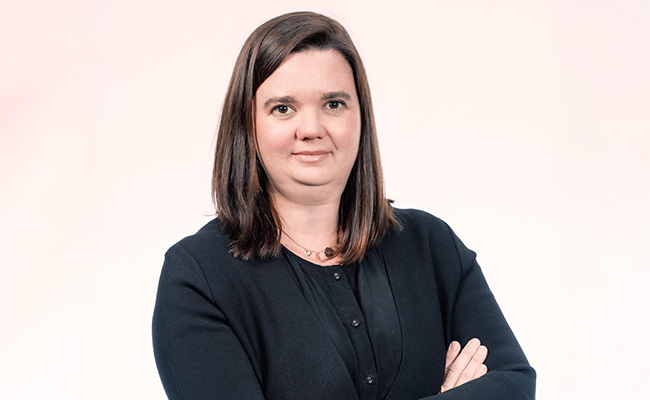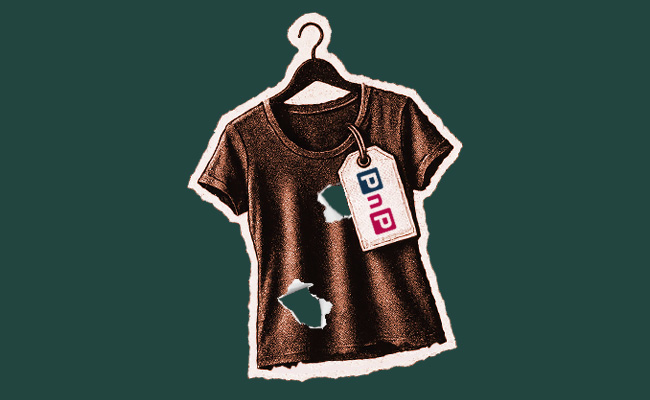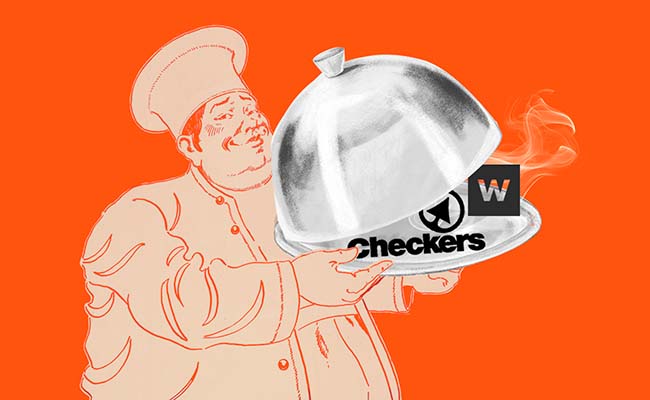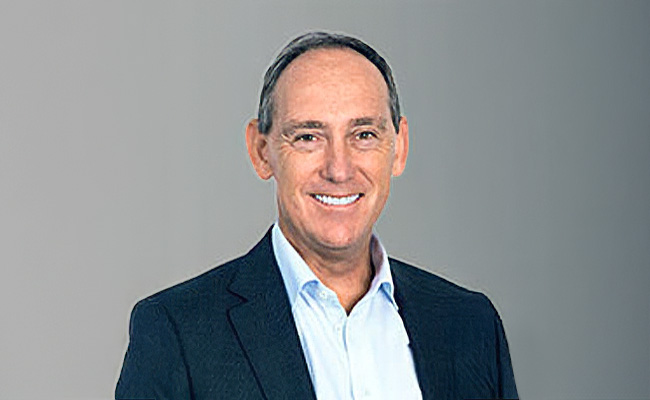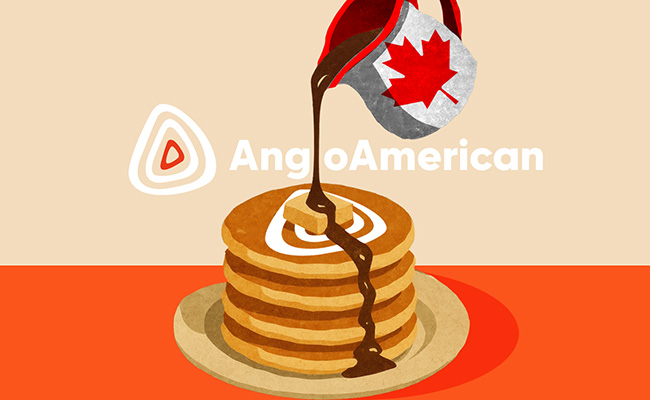Not many property groups have grown full-year income in double digits of late, but Mall of Africa owner Attacq has posted a 25.6% jump in full-year distributable income per share thanks to a confluence of events. Not least of these is the lower debt burden it now carries as a result of 2023’s deal, in which it sold 30% of its key Midrand development, the Waterfall Investment Company, to the Government Employees Pension Fund (GEPF) for R2.7bn. Attacq also now owns all of the Mall of Africa, its flagship retail mecca. Currency spoke to CEO Jackie van Niekerk about the results.
Does it help that Attacq, and ergo Waterfall, your biggest development, is a largely insulated bubble away from the disaster that is the City of Joburg and, to a lesser extent, Tshwane?
I wish we were completely self-contained but we do need to obtain approval rights from them, but it’s an ecosystem that we are busy creating. We’ve built the roads, the macro-infrastructure, the electrical reticulation. And we go as far as helping council – like with reservoirs. So we’ve taken a big-picture view not only with our infrastructure but the area’s infrastructure, and we maintain everything.
I think people in South Africa are saying “we want to live and work in a precinct that’s safe”. I cannot put a bigger emphasis on safety. People are craving it; craving something that works.
According to your results, security costs increased 20%; they’re your second-highest cost expense. Is that a uniquely South African situation?
We looked at the security and said we need to upgrade. It’s also the way we do security, so it’s enhancement in security surveillance rooms that we’ve built at Eikestad Mall [in Stellenbosch], at Waterfall, etc. And because we have such a focus on it, it comes at a high cost.
You spent a fair bit of money overhauling and installing solar power systems – how much are you hoping to cut electricity costs by in the years ahead?
It’s not so much cutting costs; it’s about being more efficient in our overall cost mix of utilities. We’re able to recover more of our utility costs from our clients. At Waterfall we have a lot of common areas that tenants don’t contribute towards so that leaves a big portion of under-recovery in our portfolio. If you’ve got PV, at least it saves us electricity costs – and that’s why you see such a big return.
Is that something that will continue apace?
Well, we’re running out of roof space [laughs], so where we have roof space left we’ll put PV, but all the big malls have been completed. You won’t see that big kicker coming through any more other than in new developments.
You refinanced a ton of debt – R5.9bn worth – and you had that GEPF shot in the arm. If we get any more interest rate cuts in South Africa, how big a difference in your lives will that be?
Oh, big. We haven’t priced it in and financially it will be great for us to get a few more cuts, though our book is very well hedged. But we’re in the trade of retail, so interest rate cuts will lead to more spend at the mall; it will potentially boost GDP, and sales of residential units, it boosts online sales again which builds more warehouses … So in the greater context we’ll see the indirect benefit flowing through.
What, if anything, does the Reserve Bank’s desire to anchor inflation expectations at 3% mean for rental increases, etc?
We’re not immune to that – national retailers will say: we want a CPI-linked lease and if it’s 3%, it’ll be 3%-plus. So we try and negotiate away from those types of leases because if you look at the real cost increases which we disclosed, it’s much more than 3% per year. We believe an escalation should be around 6%-7%. Our average escalation is 6.9% for our entire portfolio. And I’m quite happy with that, given where inflation is currently.
And you’ve said the likely increase in your future distributions will be 7%-10%?
Yes – and then you’ve also got some tailwinds from funding and developments so you’ll see that kicker coming through.
How much is there left at Waterfall to develop?
Baie! (Over 1-million square metres.)
How do you decide how much to develop in any given year? Is there a formula?
There’s no formula, it’s always opportunistic. And sensible. We walk away from deals; I’ve learnt too many lessons in my life to just do a deal because you do a deal.
We like building multi-tenanted buildings where there’s not just one big tenant; you might be slower in development but I don’t stress at all about those. We like doing speculative logistics developments because we build very generic boxes. If you do very client-led, specific warehouses they are very difficult to re-lease after the client leaves. We look at the cadence of rentals and leases expiring in a year and what may be happening in the area.
You sold your “rest of Africa” retail investments in exchange for a 4.47% stake in Lango, the pan-African real estate investment trust established by Growthpoint. Why?
They only operate in the rest of Africa, not South Africa, so I think they have better expertise looking after those assets. We also wanted to derisk our balance sheet by them taking over the debt and giving us shares, and it helped us focus on what we’re good at.
How confident are you about the next couple of years?
I’m always the cautious one in my team. There are a lot of headwinds – working with councils, low GDP growth and municipal elections coming up. Hopefully people will vote right this time … I am stressed about politics and government and the own goals we create, but equally I sit with incredible people who work for Attacq and if you’ve got kids you think: “I have to make a better future for South Africa.” Collectively as South Africans we are incredibly resilient and we don’t know “no”. And we’ve created a healthy, healthy balance sheet that gives me no sleepless nights.
Was it more precarious before the GEPF deal?
Our interest cover ratio was much lower and we said to ourselves: if you’ve got this big city to develop you’re going to run out of runway, and the GEPF has been a fantastic partner. So we’ve got firepower to unlock this ecosystem we started.
Top image: Attacq CEO Jackie van Niekerk. Picture: supplied.
Sign up to Currency’s weekly newsletters to receive your own bulletin of weekday news and weekend treats. Register here.



